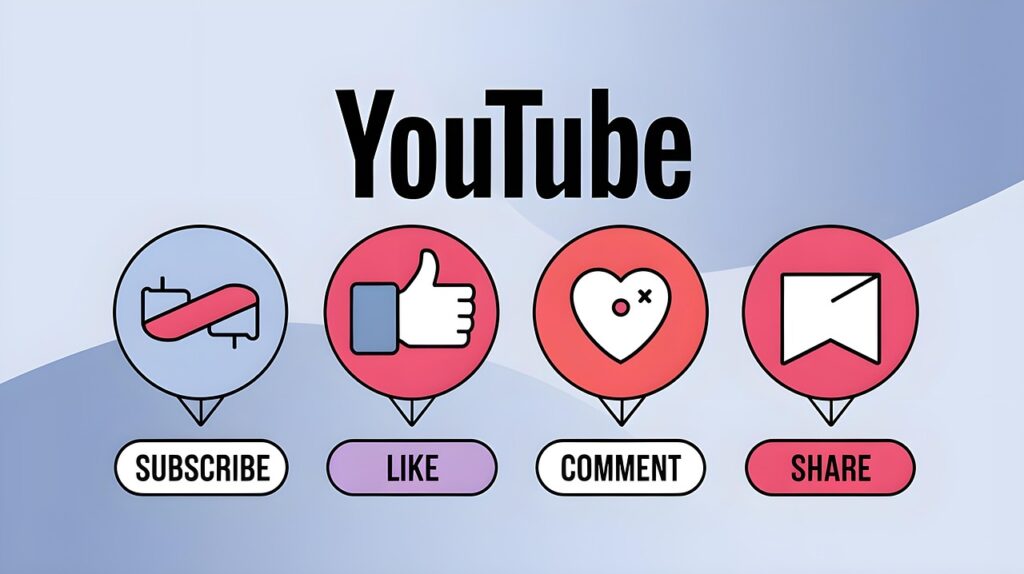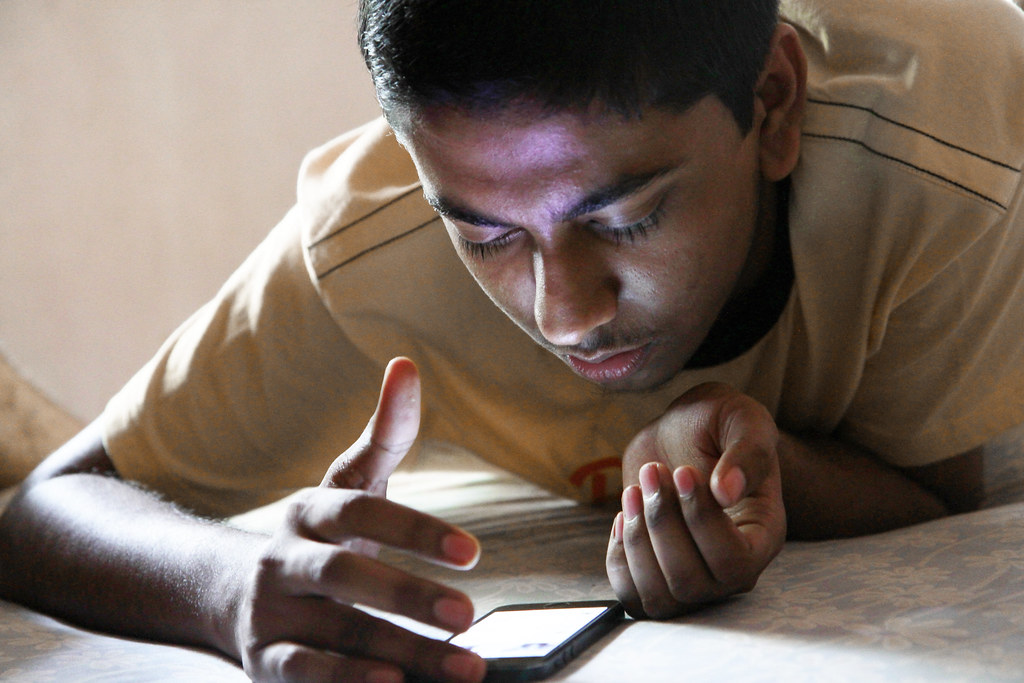
In our hyper-connected world, it’s easy to feel like our phones are practically glued to our hands. From the moment we wake up to the second our heads hit the pillow, screens are dictating how we work, play, and even relax. While technology has brought us incredible convenience, offering “the entire world at our fingertips,” this constant digital connection can become a heavy burden, leaving us stressed, distracted, and seriously out of sync with ourselves.
Think about it: Americans are reportedly spending an average of 7 hours daily on screens. That’s a huge chunk of our lives! This endless stream of information, often “primarily negative,” can leave us feeling “overwhelmed” and “trying to swim against a current of negativity.” If you’re nodding along, feeling that familiar tug of digital fatigue, then congratulations – you’ve just taken the first step towards reclaiming your calm and focus.
Recognizing when enough is enough is powerful. A digital detox isn’t about shunning technology completely; it’s about creating a healthier, more “sustainable relationship with it.” It’s about finding that sweet spot where tech enhances your life instead of consuming it. So, if you’re ready to “reclaim your focus and calm,” let’s dive into the most glaring signs that scream, “Hey, it’s time to unplug!”
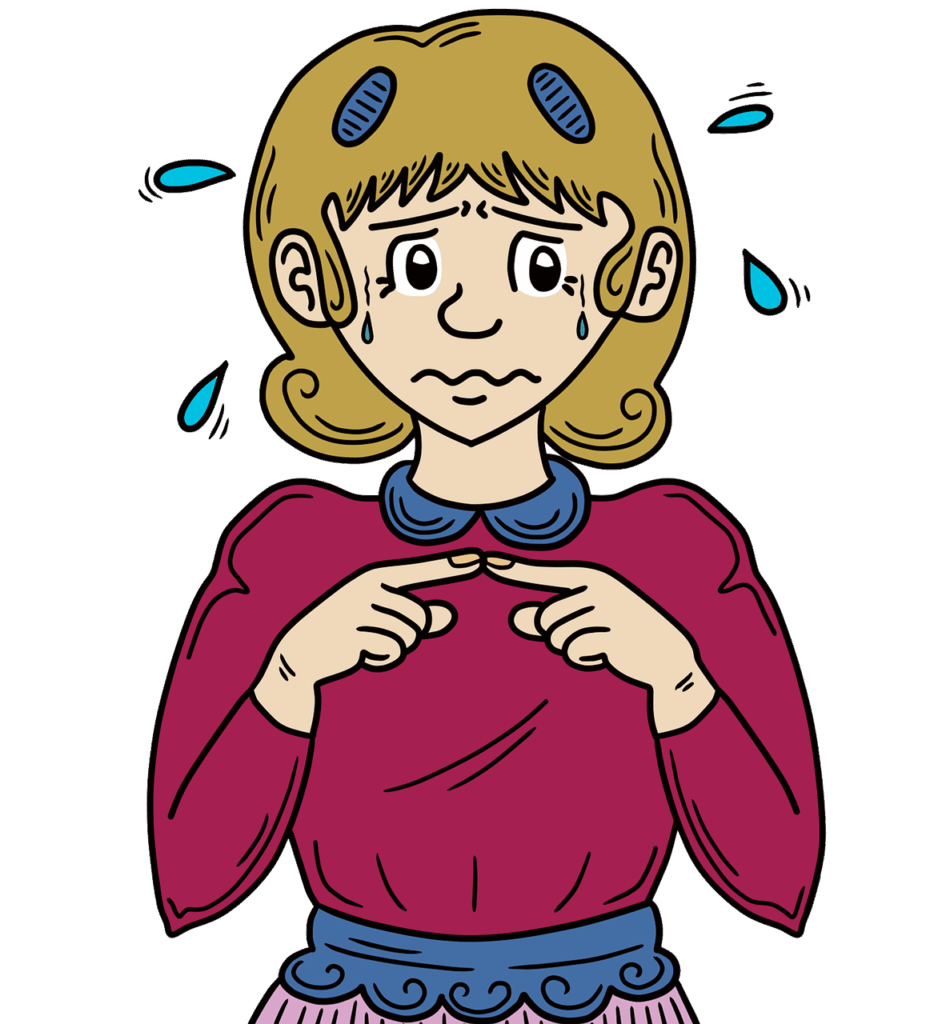
1. **Feeling Anxious Without Your Device**Ever left your phone in another room and felt that immediate flutter of panic? Or worse, realized you’re out without it and your heart starts racing? If you answered yes, you might be experiencing “nomophobia,” a catchy term for “no-mobile-phone phobia.” This isn’t just a quirky habit; it’s “a strong indication” that you’re deeply reliant on your device and “need a smartphone detox.”
Our phones have become so much more than communication tools; they are our “calendars, maps, entertainment systems, and even wallets.” This deep integration means that “constant connectivity keeps your nervous system on edge, craving the next ping.” The anxiety that bubbles up when separated from your device highlights “how much we have become dependent on our smartphones,” turning a convenient tool into a source of unease.
This dependency can “heighten stress and reduce focus,” keeping your mind in a constant state of alert. It’s like your brain is always waiting for the next notification, making true relaxation almost impossible. If “you can’t function without checking your phone,” it’s a clear signal that it might be time to “consider unplugging it for a while” and give your nervous system a much-needed break from the digital leash.
Read more about: Reclaiming Your Attention: A Practical Guide to Breaking Free from the Endless Scroll of Social Media
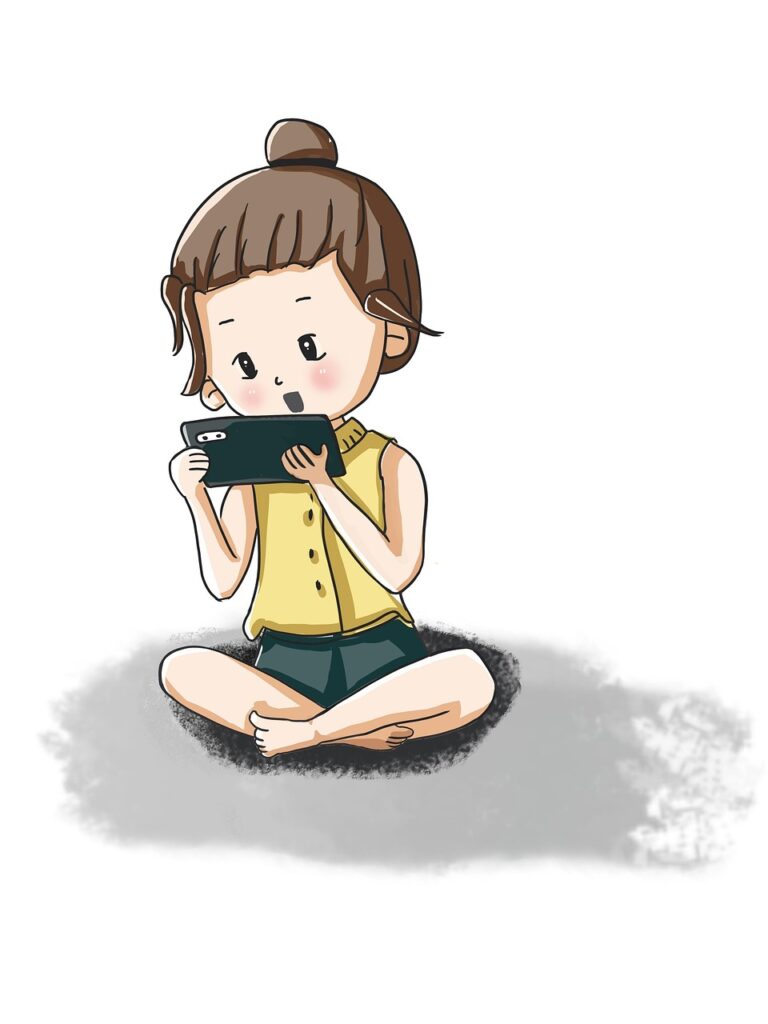
2. **You Check Your Cell Phone First Thing in the Morning**Ah, the morning scroll. Before your coffee brews, before your feet even hit the floor, is your hand instinctively reaching for your phone? This common habit, as the context points out, “spikes stress levels right from the start, disrupting your morning calm.” It’s a powerful sign that your “brain is hooked on instant updates, leaving little room for mindfulness.”
When “the first thing we reach for in the morning is our phone,” we immediately start our day in a reactive state, rather than a proactive one. Instead of setting personal intentions and focusing on our own needs, “we respond to the demands and distractions of the digital world.” This habit can derail your entire day before it even truly begins, forcing you into a pattern of external responses.
Breaking this cycle can be a game-changer for your mental wellness. Strategies suggested include “not using the phone as an alarm clock,” “keeping it out of reach from the bed,” and “designating the first hour of the day as a ‘tech-free’ time.” These simple yet powerful steps can help you “start the day with a clearer mind, focused on your needs and goals rather than the demands of the digital world.”
Read more about: Reclaiming Your Attention: A Practical Guide to Breaking Free from the Endless Scroll of Social Media

3. **Sleep Problems / Sleep Disruption**Is your phone your late-night companion, keeping you up scrolling through social media or binge-watching shows? If you’re “staying up late, scrolling through social media, or struggling to fall asleep after binge-watching,” your screen time is likely messing with your precious sleep cycle. This isn’t just an inconvenience; it’s “a definite sign you should consider a screen detox.”
The culprit often cited is “blue light,” which “can disrupt your sleep cycles” by interfering with melatonin production, the hormone that tells your body it’s time to wind down. But it’s not just the light; “the buzzing, dinging, and alerts can also awaken you if you forget to silence them before retiring.” Even if you think you’re asleep, your brain might still be processing those potential pings.
This “excessive screen time, particularly before bed, can significantly disrupt your sleep patterns,” leading to restless nights and waking up feeling anything but refreshed. If you find yourself “tossing and turning at night, or waking up feeling unrested,” it’s “a clear sign to limit your screen exposure before bedtime and consider a digital detox.” Your body and mind will thank you for the uninterrupted rest.
Read more about: Unmasking the Culprits: 11 ‘Healthy’ Shampoos and Ingredients Secretly Causing Your Hair Loss

4. **Reduced Physical Activity**When was the last time you truly moved your body without a device in hand? If you’re noticing a significant drop in your daily movement because you’re “spending more time sitting with your device than moving around,” that’s a bright red flag. “A decrease in physical activity due to excessive-tech use is a sure sign of needing a tech detox.” It’s easy to get caught in the digital pull, but our bodies are designed for motion, not stillness.
This sedentary lifestyle isn’t just about missing out on a brisk walk; it has tangible health consequences. “Physical inactivity due to excessive screen time can contribute to weight gain.” If you’re observing “this trend” in your own life, it’s a strong indicator that “a tech detox could help you break the cycle and lead a more active lifestyle.” Breaking free from the screen allows you to reconnect with the physical world.
The call to action here is clear: replace that screen time with movement. Instead of scrolling, take a “10-minute walk to reset your mood.” Embrace outdoor activities like “hiking” or simply “spend some time outdoors during your screen detox—breathing fresh air and appreciating the beauty around you can help you unwind.” Your body thrives on movement, and a digital detox can be the catalyst for a healthier, more active you.
Read more about: Reclaiming Your Attention: A Practical Guide to Breaking Free from the Endless Scroll of Social Media

5. **Ignoring Real-Life Interactions in Favor of Internet Friendships / Social Withdrawal**Are you more focused on your screen than the people right in front of you? If you “find yourself engrossed in your device even when in the company of others,” this isn’t just impolite; it’s “a sign that you require a digital detox.” The allure of the digital world can make us “more present online than in real life,” creating a subtle yet significant barrier to genuine human connection.
While technology can keep us connected across distances, an “over-reliance on digital communication can lead to a decrease in face-to-face interactions, fostering a sense of social isolation.” It’s a paradox: “more ‘connected’ than ever but feel disconnected inside.” This happens when “digital interactions often lack the depth of face-to-face communication,” leaving us craving true emotional engagement.
If you’ve started “measuring moments by how Instagrammable they are” rather than truly living them, or if you “share your day, but forget to live it,” it’s time to pause. This isn’t just about missing “a deep, uninterrupted conversation” or “a meal without screens”; it’s about the “negative impact on relationships” when “screens take priority over people.” A detox can help you “rejuvenate your social life and improve interpersonal relationships.”

6. **Falling Behind on Personal Goals / Neglecting Responsibilities**Ever feel like your to-do list is growing while your screen time is shrinking your productivity? “The digital world is a distraction that can keep you from achieving your personal goals.” If “your to-do list remains unchecked because of your tech use,” it’s not just procrastination; “it might be time for a technology detox.” Our digital devices, meant to help, can become the biggest hurdles to our ambitions.
This constant digital engagement and “digital distractions can lead to neglecting important tasks and responsibilities.” Whether it’s work deadlines, household chores, or personal commitments, “when screens consume your attention, it becomes easy to overlook daily duties.” The immediate gratification of a scroll often wins out over the long-term satisfaction of accomplishment, leaving us stressed and behind.
The context highlights how “constant notifications and digital distractions can severely undermine your work efficiency and focus.” Each “ping and alert pulls your attention away from tasks, disrupting your workflow and causing frequent interruptions.” This isn’t just annoying; it “can lead to a decrease in productivity, as it takes time to regain concentration after each distraction.” If digital activities are taking precedence over crucial responsibilities, a detox is your clear path to regaining control.
Read more about: The 12 Car Confessions: What His Ride Says About His Mental State (And If He’s Checked Out)
7. **Constantly Comparing Yourself to Others Online / Increased FOMO**Scrolling through perfectly curated feeds can feel like a harmless pastime, but for many, it becomes a mental minefield. If “you compare your life to what others present online and feel unhappy about it,” this is “a significant sign you might benefit from a digital detox.” Social media, with its highlight reels, creates an environment ripe for “comparison fatigue” and “toxic” self-doubt.
This “endlessly scrolling social media can spark feelings of inadequacy.” When “you’re measuring your life against curated posts,” you’re often comparing your “behind-the-scenes against someone’s filtered highlight reel.” This isn’t just unhealthy; it can foster “seeds of insecurity, envy, and not-enoughness,” even on a subconscious level, profoundly impacting your self-esteem and mental well-being.
The pervasive “fear of missing out (FOMO)” is often amplified by this constant exposure. “Constant exposure to others’ highlight reels can make you feel like you’re missing out on exciting experiences or events.” This perception leads to “feelings of inadequacy or dissatisfaction with your own life.” If “you find yourself frequently comparing your life to others online,” a digital detox can be the powerful tool to “restore perspective” and “focus on personal fulfillment.”
Read more about: Reclaiming Your Attention: A Practical Guide to Breaking Free from the Endless Scroll of Social Media
8. **Inability to Focus or Complete Tasks**Ever feel like your brain is running on low battery, making it nearly impossible to concentrate on one thing for more than a few minutes? If your productivity is dwindling and you’re ‘unable to focus on tasks because you’re constantly checking your device,’ it’s not just a bad day; ‘you might need digital detoxification.’ The digital world, while offering endless entertainment, can seriously mess with our ability to truly *focus*.
Think about it: ‘Too much digital stimulation can reduce your brain’s ability to focus deeply, retain information, and sit in silence.’ We’re constantly bombarded with new inputs, new notifications, and new content, which means ‘we consume so much, we forget to digest.’ This overstimulation isn’t just annoying; it can lead to what feels like ‘mental malnutrition,’ leaving your mind scattered and foggy. It’s like trying to listen to ten different conversations at once – eventually, nothing makes sense.
The rapid consumption of digital content also significantly shortens our attention spans. ‘Endless scrolling through social media, quick video clips, and constant stimulation train the brain to expect instant gratification.’ This makes it incredibly challenging to engage in more demanding or time-consuming activities, like reading a book or tackling a complex work project. If you’re finding it harder than ever to stick with one task, it’s a huge clue that your brain is craving a break from the digital treadmill.
Read more about: Reclaiming Your Attention: A Practical Guide to Breaking Free from the Endless Scroll of Social Media
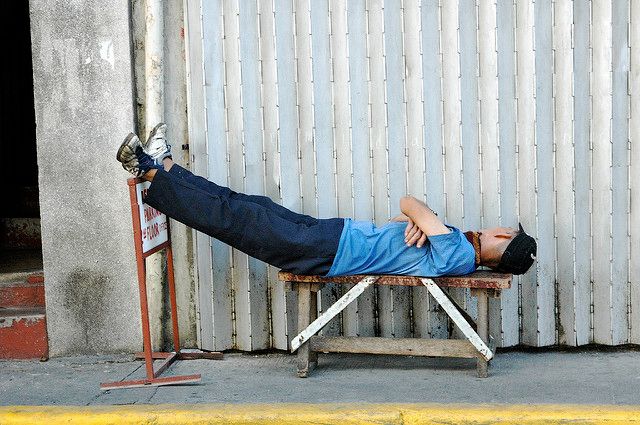
9. **Physical Discomfort or Pain**Let’s be real, our bodies weren’t exactly designed to be hunched over glowing screens for hours on end. If you’re experiencing persistent aches, like ‘neck, shoulders, or back pain,’ you’re likely familiar with the infamous ‘tech neck.’ ‘Spending long hours hunched over your devices can lead to physical discomfort,’ and this constant strain is a clear signal that ‘this pain could indicate a need for a technology detox.’
Beyond the general stiffness, your eyes are often the first to protest. If ‘you notice dryness, irritation, decreased vision, or regular headaches,’ you could be experiencing digital eye strain, also known as computer vision syndrome. ‘Prolonged usage of digital screens can lead to this condition,’ primarily due to ‘blue light exposure’ which may damage the retina, and the fact that ‘when we focus on digital screens, we tend to blink less often,’ about ‘one-third less than usual.’ This lack of blinking means your eyes dry out, leading to all sorts of discomfort.
And it doesn’t stop there! ‘Long hours of typing or scrolling can cause repetitive strain injuries like carpal tunnel syndrome.’ This painful condition results from pressure on the median nerve in your wrist, leading to ‘numbness, tingling, or ling sensations in the thumb and fingers.’ The discomfort, often ‘worse at night,’ can make everyday tasks difficult. If your body is sending you these undeniable distress signals, it’s not just a sign; it’s a scream for you to ‘put down the tech for a break’ and give your body the relief it desperately needs.
Read more about: The Strict Set: Why Top Directors Like Villeneuve and Nolan Are Permanently Banning Cell Phones

10. **Feeling Unfulfilled Despite High Screen Time**Isn’t it wild how you can spend what feels like forever online, scrolling, liking, watching, and still end up feeling… empty? If ‘you’re spending hours online but still feeling unfulfilled or bored,’ take that as ‘a sign that a digital detox could do you good.’ The truth is, ‘online interactions lack the joy of personal exchanges,’ and this strange ‘inversion of how we interact over the past few years leads to dissatisfaction and a longing for more.’
This constant digital input can also put a serious damper on your creative spark. ‘Your mind is wired for silence, space, and observation,’ but when it’s always plugged in, there’s little room for original thought. ‘If your creativity has dried up, your sense of wonder has dulled, or you feel like you’ve lost touch with your essence, constant digital input may be to blame.’ You literally need ‘white space in your day for your inner voice to speak’ and for those brilliant ideas to actually surface.
‘Constant digital engagement can stifle creativity and imaginative thinking.’ When you’re constantly consuming content, your brain isn’t getting the chance to wander, explore, and generate its own ideas. This endless feed leaves ‘little room for your mind to wander and create,’ meaning ‘you may struggle to come up with original ideas or solutions.’ If you’re yearning for more depth, more inspiration, and a genuine sense of satisfaction that endless scrolling just can’t provide, it’s a powerful indicator that it’s time to disconnect and rediscover your inner world.
Read more about: Beyond the Big Reveal: 12 Home Renovations That Crushed Dreams, Drained Wallets, and Led to Major Regrets
11. **Financial Strain**Okay, let’s talk about something a little less warm and fuzzy: your wallet. It’s shockingly easy for our digital habits to sneakily drain our bank accounts. ‘Online shopping and digital subscriptions can easily lead to financial strain.’ With the sheer convenience of ‘one-click purchases and endless subscription options,’ it’s almost too simple to ‘lose track of spending.’
Those seemingly small ‘impulse buys and accumulated fees can quickly add up, impacting your financial stability.’ Before you know it, you might find yourself wondering where all your hard-earned cash went! If ‘you notice your expenses rising due to digital habits,’ it’s not just a coincidence; ‘a detox might be necessary to reassess your spending patterns and regain control over your finances.’
Seriously, the digital marketplace is a master of temptation, designed to keep you clicking ‘add to cart.’ Taking a break means you’re not constantly exposed to targeted ads, enticing deals, and the effortless nature of online transactions. A digital detox isn’t just about mental well-being; it’s a savvy move to help you ‘regain control over your finances’ and make sure your money is going towards things that truly serve your real-life goals, not just fleeting digital desires.
Read more about: Navigating Your Future: A Comprehensive Guide to VA Housing Assistance Programs for Veterans
12. **Constant Need for Validation**In the age of social media, our self-worth can sometimes feel like it’s tied to a number – likes, comments, shares. ‘Social media can foster a constant need for validation, impacting self-esteem.’ It’s an easy trap to fall into, where ‘likes, comments, and shares often become measures of self-worth,’ creating an almost unbearable ‘pressure to maintain a certain online image.’
This ‘dependence on digital affirmation can lead to anxiety and dissatisfaction with oneself.’ When your mood fluctuates with every notification, or you find yourself constantly checking your phone to see how your latest post performed, it’s a sign you’re giving away your power. You’re allowing external metrics to define your internal state, rather than finding confidence from within.
If ‘you find yourself seeking approval through social media interactions,’ it’s time to hit pause. A digital detox can be a powerful antidote, helping you ‘build confidence from within, free from the influence of online validation.’ Imagine the freedom of living your life for *you*, not for the algorithm or the approval of strangers. It’s a game-changer for your self-esteem and overall mental wellness.
Read more about: Reclaiming Your Attention: A Practical Guide to Breaking Free from the Endless Scroll of Social Media
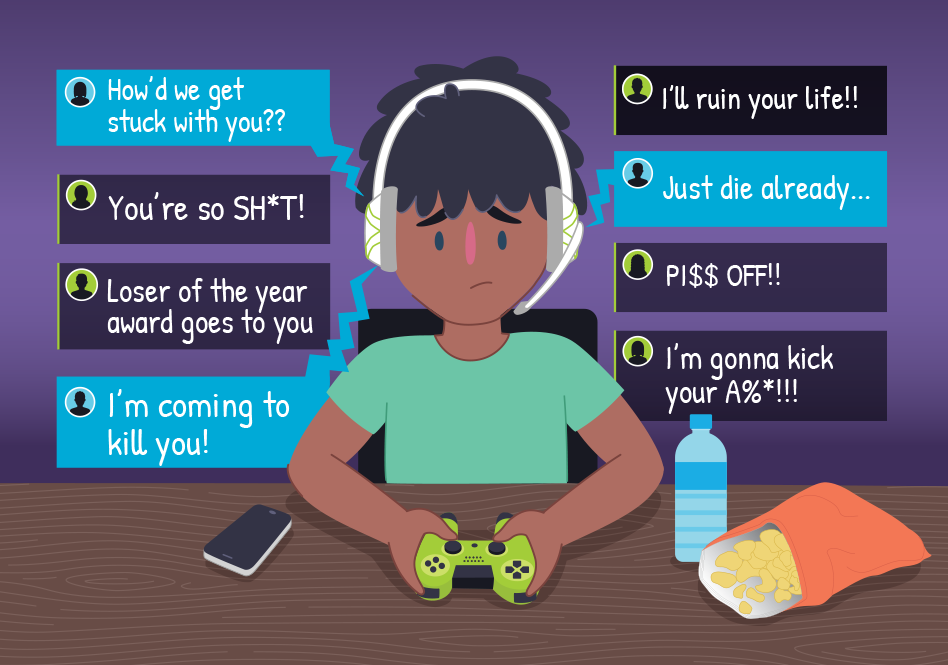
13. **Cyberbullying Exposure**While the internet offers connection, it also, unfortunately, provides a platform for some truly toxic behavior. ‘Cyberbullying is a significant issue that can severely impact mental health.’ The anonymity of the internet can embolden individuals to ‘face harassment and negative interactions that can lead to anxiety, depression, and a decline in self-esteem.’ It’s a harsh reality that can be incredibly damaging.
‘This toxic environment can be overwhelming, especially for frequent digital users.’ If you, or someone you know, is ‘experiencing or witnessing cyberbullying,’ it’s absolutely crucial to recognize it as a severe digital danger. The constant exposure to negativity, criticism, or outright harassment online can chip away at your mental fortitude and sense of safety.
A digital detox, in this context, ‘can offer a much-needed respite, allowing you to protect your mental well-being.’ Stepping away from the platforms where cyberbullying occurs gives you space to breathe, heal, and reclaim your peace. It’s not about ignoring the problem, but about protecting yourself and finding healthier spaces to engage, while you figure out how to address or report such harmful online interactions. Your mental health is paramount, and sometimes, unplugging is the strongest defense.
**Final Thoughts on Reclaiming Your Life**
Read more about: From Red Carpet Gaffes to Public Outrage: The 15 Actors Who Made Us All Go ‘Huh?!’ (And Why We Just Can’t Look Away)
Phew, that was a lot to take in, wasn’t it? If any of these signs resonated with you, it’s not a judgment—it’s a wake-up call, a gentle nudge from your inner self. In a world where ‘powering off from digital platforms can feel like someone has tossed you a lifeline in the overflow of negativity,’ recognizing these signs is the first, most powerful step towards a healthier, more balanced existence. A digital detox isn’t about becoming a tech hermit; it’s about creating ‘a healthy, sustainable relationship’ with technology, where *you* are in control. It’s about remembering that ‘you weren’t born to be glued to a glowing rectangle,’ but rather ‘to experience, to feel, to create, and to connect — deeply, truly, and presently.’ So, are you ready to learn ‘to swim with the current, not against it,’ and perhaps, even step out of the river altogether to discover the incredible ‘you that exists beyond the algorithm’? It’s time to reclaim your attention, your calm, and ultimately, your life.




